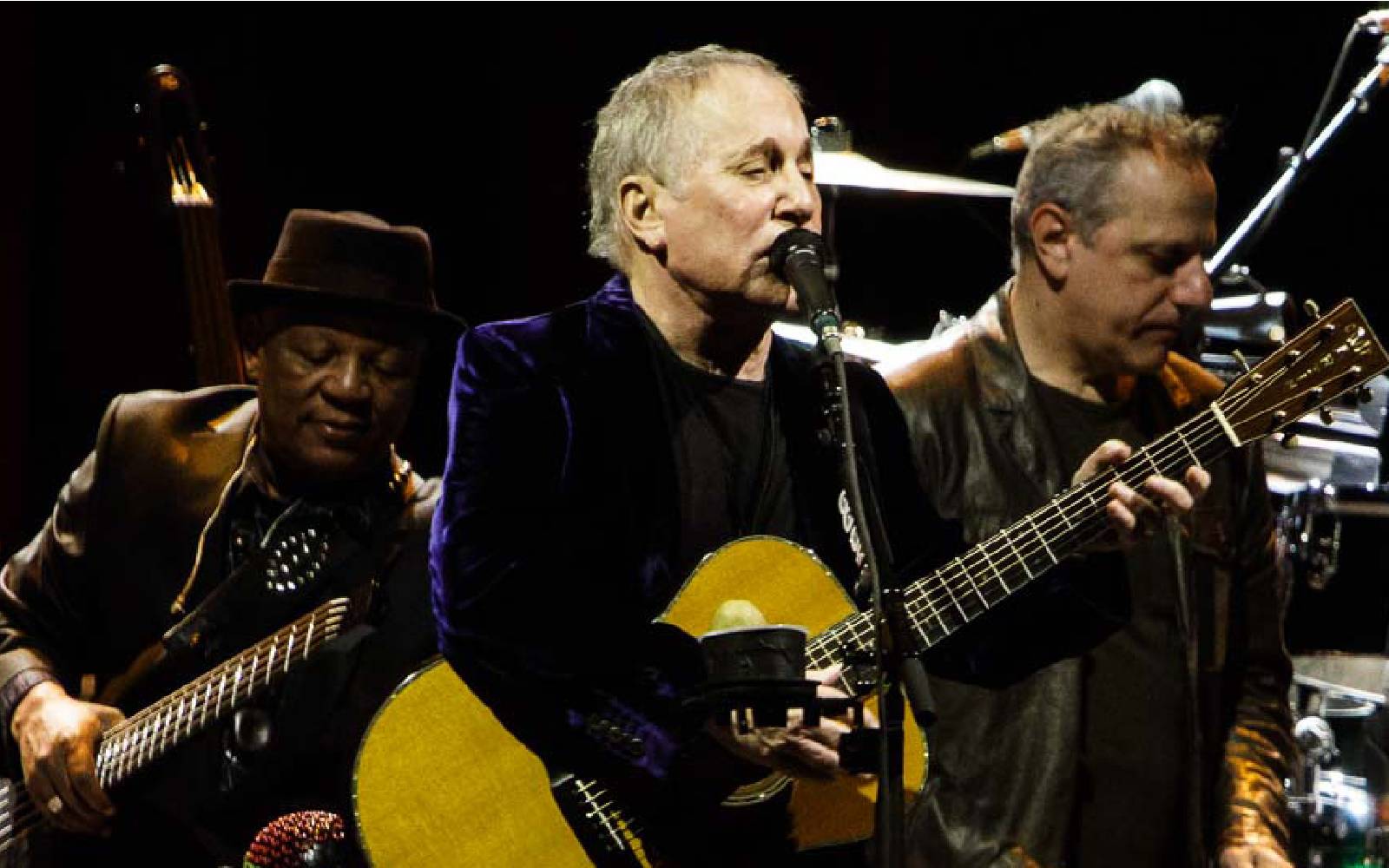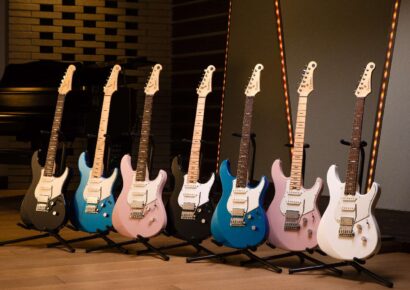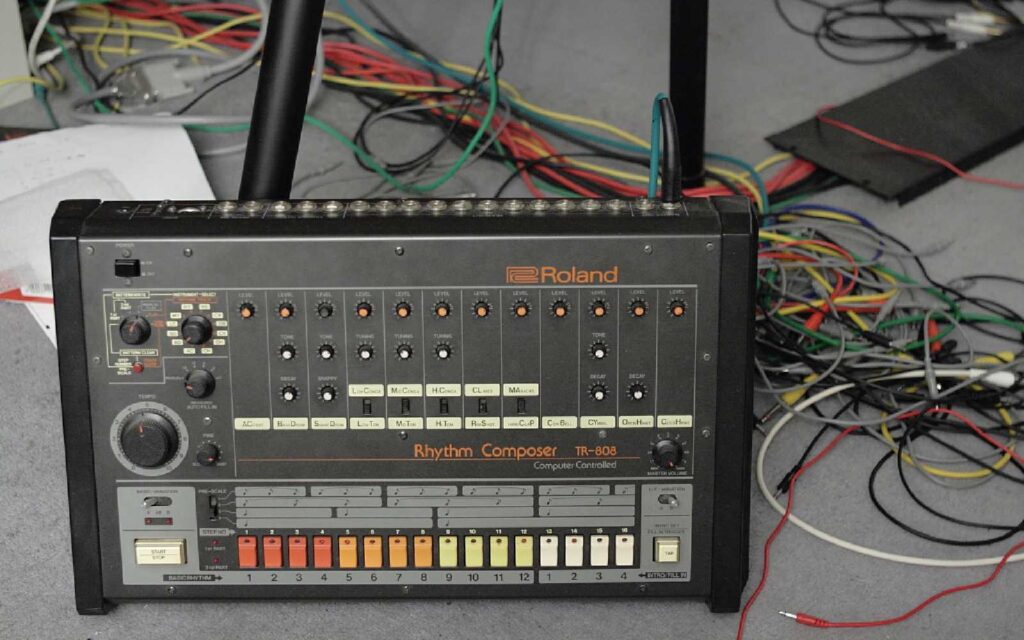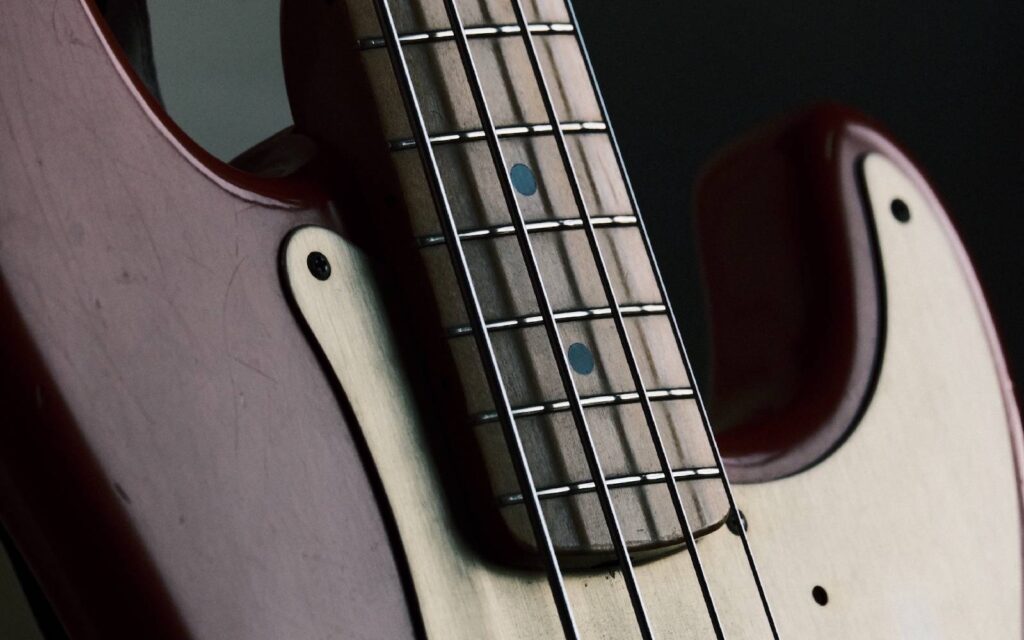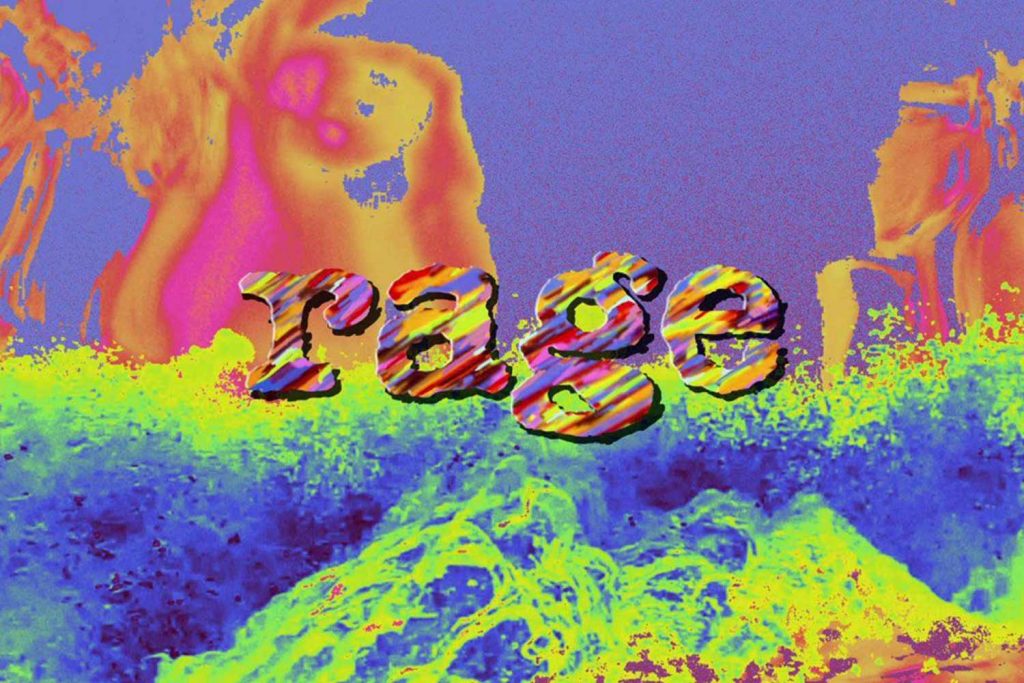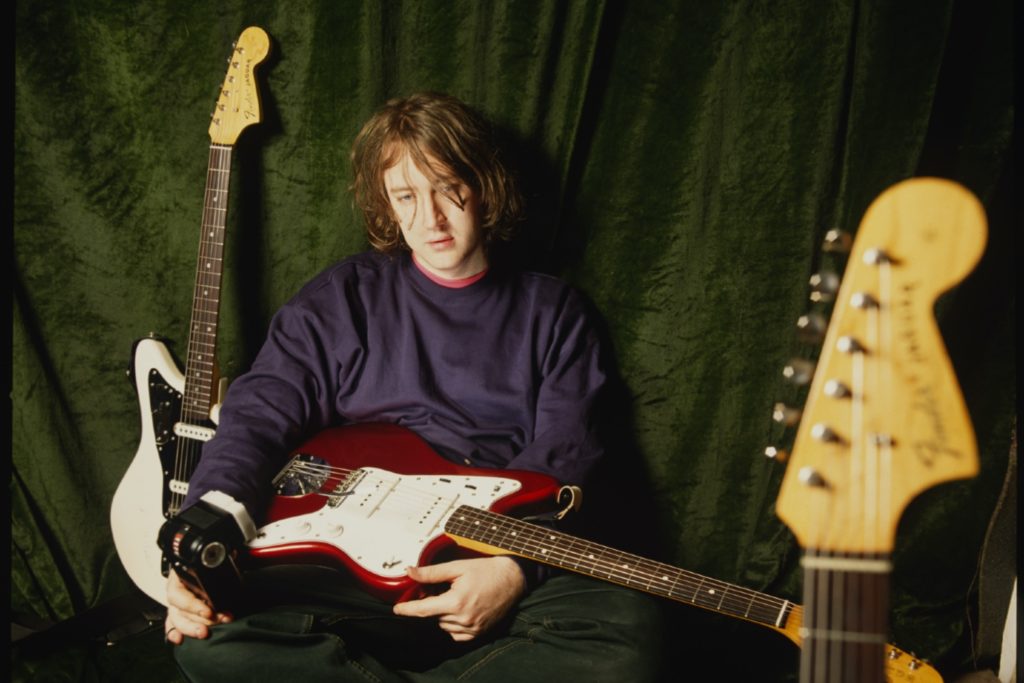A failing marriage, his last album a flop, Simon himself described the time that followed as a “tailspin”.
Paul Simon was in a really tough spot before he started making Graceland.
However, all this changed when Simon became obsessed with a bootleg cassette titled Accordion Jive Vol II, a collection of jangly, upbeat mbaqanga songs by a South African group named the Boyoyo Boys. After contacting various industry and label executives, Simon soon decided to record an entire album of South African inspired music; however, there was a catch. In the 1980s, South Africa was under a strict rule of apartheid, resulting in an immense cultural boycott propagated by the United Nations which condemned Western artists who visited or recorded in the country.
Paul Simon
Despite this, Simon chose to record his new album in South Africa, with the support of the South African black musicians’ union. While many have mixed opinions regarding Paul Simon’s breaking of the cultural boycott upon South Africa, citing problematic notions of colonialism and cultural appropriation as factors against the record, the impact that Graceland had in the popularisation of African music around the globe is undeniable.
Read all the latest features, columns and more here.
Upon travelling to Johannesburg in February 1985 with studio engineer Roy Halee (who had worked on Simon & Garfunkel material), Simon entered Ovation Studios with an assortment of local musicians (a local producer even sourcing the aforementioned Boyoyo Boys). From here, they recorded extended jams to develop group cohesion and introduce Simon to the intense syncopation of South African styles. After two weeks of sessions, Simon and Halee had about eight tracks worth of jams recorded, which they chopped into segments to fit into other songs later down the line.
Returning to New York, Simon and Halee worked out of The Hit House in Brooklyn, Simon also writing lyrics at home in Montauk. Interestingly, as the 90s approached and technology advanced, this album was recorded to tape and transferred to and edited on early versions of a DAW.
Simon continued recording the album with a wide range of collaborators, and flew several of the musicians he jammed with in Johannesburg to his studio to continue with the record. While many claim Simon exploited the talents of the South African musicians who appeared on Graceland, it’s worth noting that Simon paid the musicians $200 an hour – triple the rate usually paid to other New York session bands, and significantly more than the $15 an hour that was standard to the band in Johannesburg. These sessions spawned classic tracks such as “You Can Call Me Al” and “Gumboots”, with Simon crediting several of the musicians as co-writers for their instrumental contributions on the tracks.
Simon’s collaborative work with South African vocal group Ladysmith Black Mambazo is a particular highlight of Graceland. Ladysmith Black Mambazo lend their vocals to a selection of tracks on the record, most notably on the song “Homeless” which incorporates both the English and Zulu language in a repurposed version of a traditional Zulu wedding melody. The group performed “Diamonds On The Soles Of Her Shoes” with Paul Simon on Saturday Night Live to promote the album.
Released on August 25, 1986, Graceland was heavily scrutinised by various activists and human rights bodies for breaking the South African boycott and for culturally appropriating the music of the oppressed native South African culture. However, the controversy surrounding the record is outshone by its contribution to the spread of African music around the world.
Graceland celebrates the talent of South African musicians, and the rhythmic and harmonic complexities of mbaqanga and isicathamiya styles. In a contemporary review of the album, American Songwriter’s Aaron Leahey praised the album for transcending established boundaries of race and culture, highlighting its role in assisting with drawing further attention to apartheid when he wrote, “Graceland was never just a collection of songs, after all; it was a bridge between cultures, genres and continents, not to mention a global launching pad for the musicians whose popularity had been suppressed under South Africa’s white-run apartheid rule.”
Winning both Album of the Year and Record of the Year at the 1986 and 1987 Grammy Awards, Graceland is often regarded as one of the best albums of the 1980s, and its influence continues to prosper throughout popular music today. US indie-pop band Vampire Weekend’s self titled debut oozes Paul Simon’s influence on tracks like “Oxford Comma” and “Cape Cod Kwassa Kwassa”, while artists such as Regina Spektor, Bombay Bicycle Club, and Methyl Ethel also cite Graceland as being an inspiration towards their music.
Thirty-one years on, you still can’t resist bopping your head to the jagged guitar and bass groove on “Diamonds On The Soles Of Her Shoes”, or the stomping offbeat percussive jam of “Graceland”. A melting pot of musical and cultural influences, Graceland helped break racial barriers and spread African music around the globe. It’s a lasting record for a reason, and there’s no doubt it’s Simon’s best work.
Under African Skies is a feature length documentary about the making of Graceland. Keep reading about it here.
